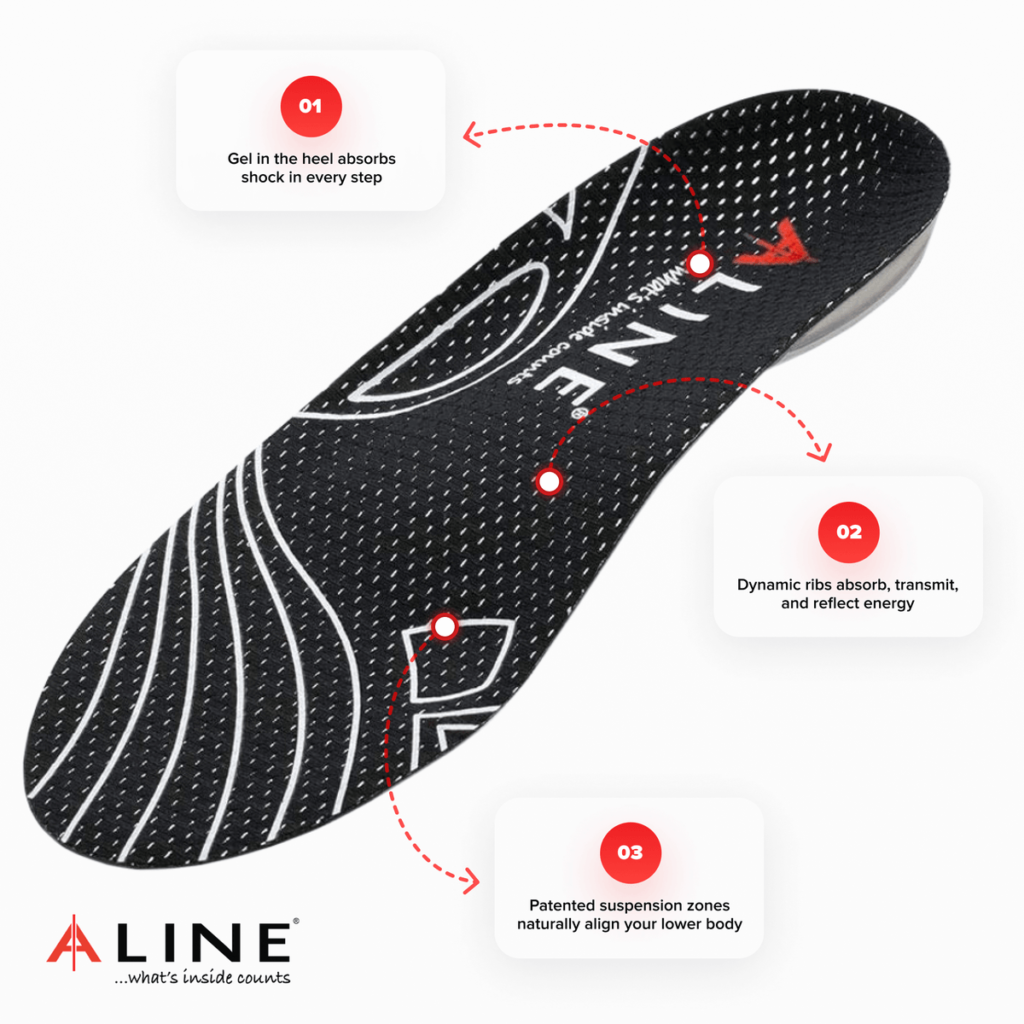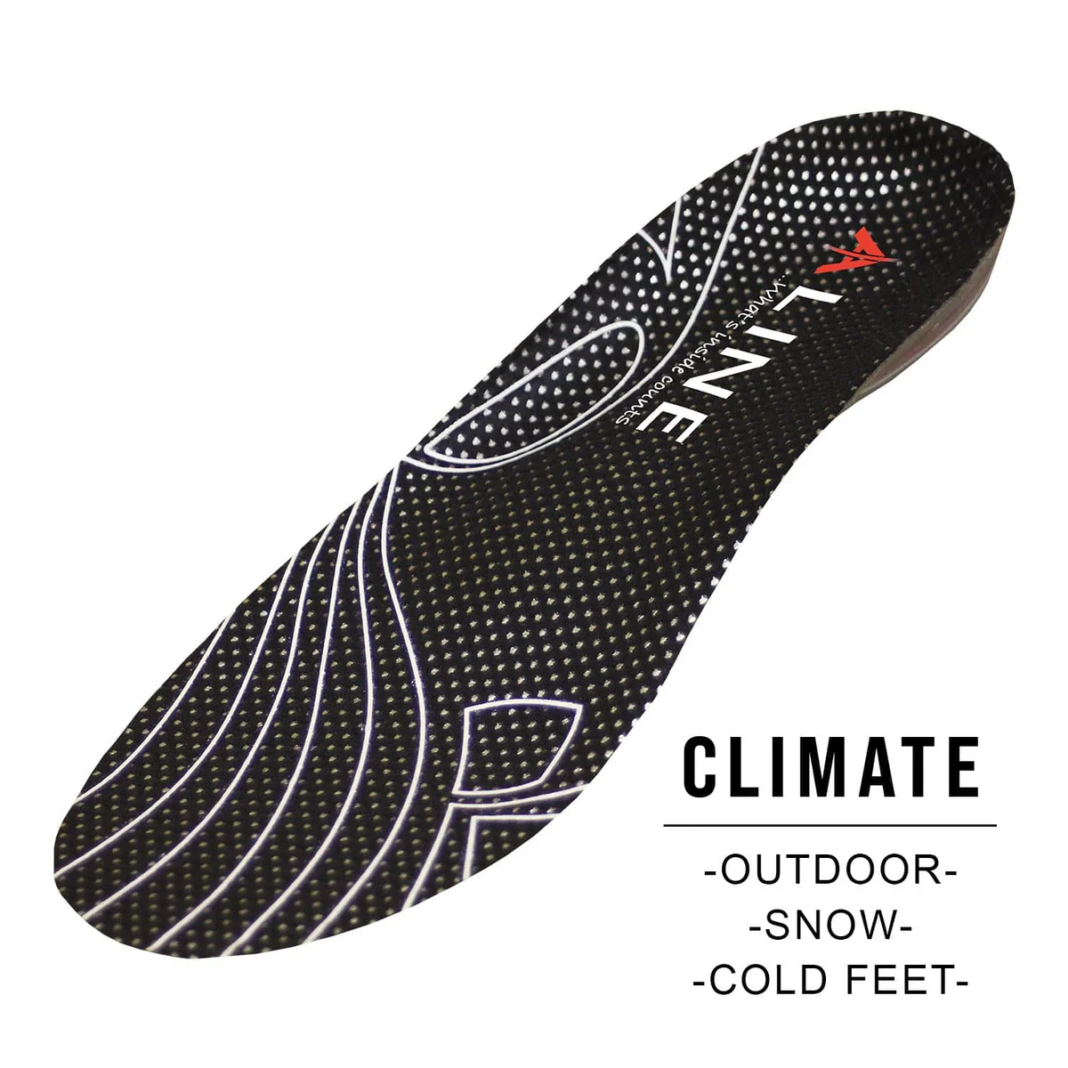When it comes to ensuring comfort and support throughout the day, choosing the right work boot insoles is essential. Many workers spend long hours on their feet, whether in construction, manufacturing, or any other physically demanding job. The right insoles can help reduce fatigue, alleviate pain, and even prevent injuries. However, with so many options available, it can be overwhelming to determine which insoles are best suited for your needs. This guide will help you navigate through the various options to find the ideal insoles that can enhance your work experience.

Understanding the Importance of Insoles
Insoles play a crucial role in maintaining foot health, especially for those who wear work boots regularly. They provide extra cushioning, support the arch, and help absorb shock. Additionally, the right insoles can improve alignment and posture, reducing the risk of long-term problems such as plantar fasciitis. With the right insoles, you can experience significant improvements in comfort and performance, enabling you to stay focused and productive throughout your shift.
Types of Work Boot Insoles
There are various types of insoles available for work boots, each designed to address specific needs. For instance, some insoles focus on cushioning, providing plush support for those who are constantly on their feet. Others prioritize arch support, which is essential for individuals with flat feet or high arches. Additionally, there are insoles designed for moisture-wicking, which help keep your feet dry and comfortable. Understanding these different types can help you choose the best insoles for your unique requirements.
Benefits of Cushioned Insoles
Cushioned insoles are a popular choice among workers who need extra comfort during long shifts. These insoles often feature thick padding that helps absorb impact and reduces stress on the feet. When standing or walking on hard surfaces, cushioned insoles can significantly alleviate discomfort, making them an excellent option for those in labor-intensive jobs. Furthermore, many cushioned insoles are designed to be lightweight, ensuring that they do not add unnecessary bulk to your work boots.
Arch Support Insoles for Better Posture
If you struggle with foot pain or discomfort, arch support insoles might be the solution you need. These insoles provide targeted support to the arch of the foot, which can help distribute weight more evenly. This distribution reduces strain on the feet and lower back, ultimately improving posture. By supporting the natural curvature of your foot, arch support insoles can enhance your overall comfort, making them particularly beneficial for individuals who spend extended periods standing or walking.

Moisture-Wicking Insoles for Comfort
Keeping your feet dry is essential for comfort, especially during long workdays. Moisture-wicking insoles are designed to draw sweat away from the feet, helping to prevent blisters and odor. These insoles are particularly useful for those who work in hot environments or engage in physically demanding tasks. By maintaining a dry environment, moisture-wicking insoles can improve comfort levels and help you stay focused on your work without the distraction of sweaty feet.
Custom Orthotic Insoles for Personalized Support
For individuals with specific foot issues, custom orthotic insoles may be the best choice. These insoles are tailored to fit the unique shape of your foot, providing personalized support that off-the-shelf options cannot match. Custom orthotics can address various conditions, such as flat feet, high arches, and plantar fasciitis. While they may come at a higher price point, the benefits of custom support can be invaluable for those with chronic foot pain or discomfort.
Selecting the Right Size and Fit
When choosing work boot insoles, selecting the right size and fit is crucial. Ill-fitting insoles can lead to discomfort and may even cause blisters or other foot issues. To ensure a proper fit, measure your feet and consider trying different sizes or styles. Many brands offer insoles that can be trimmed to fit your specific boot size, allowing for a customized experience. By taking the time to find the right fit, you can maximize the benefits of your chosen insoles.
Understanding Material Options
The material used in insoles can significantly impact their performance and comfort. Common materials include foam, gel, and rubber. Foam insoles tend to be lightweight and provide good cushioning, while gel insoles offer excellent shock absorption. Rubber insoles are typically more durable and provide added stability. When selecting insoles, consider the materials used and how they align with your specific needs, as different materials can cater to various foot types and working conditions.

The Role of Insoles in Injury Prevention
Injuries related to foot strain can be common in physically demanding jobs. Properly designed insoles can play a vital role in injury prevention by providing support, cushioning, and stability. By reducing impact and improving alignment, insoles can help prevent conditions such as tendonitis and stress fractures. Investing in quality work boot insoles not only enhances comfort but also protects your feet from the long-term consequences of wear and tear.
Caring for Your Insoles
To maximize the lifespan and effectiveness of your work boot insoles, regular care is essential. Cleaning your insoles according to the manufacturer’s instructions can help maintain their integrity and prevent odor buildup. Additionally, consider replacing your insoles periodically, as they can lose their cushioning and support over time. By taking care of your insoles, you can ensure they continue to provide the necessary support and comfort for your work needs.
Conclusion: Elevate Your Work Experience
Choosing the best work boot insoles can make a significant difference in your daily comfort and overall well-being. With various options available, including cushioned, arch support, and moisture-wicking insoles, it’s essential to select the right type for your specific needs. By investing in quality insoles, you can alleviate foot pain, enhance support, and even prevent injuries. If you have questions or need assistance selecting the best insoles for your work boots, feel free to contact us today!
FAQs
What are the best insoles for work boots?
The best insoles for work boots depend on your specific needs. Look for options that provide cushioning, arch support, and moisture-wicking properties.
How often should I replace my work boot insoles?
It’s recommended to replace your insoles every 6 to 12 months, or sooner if you notice significant wear or loss of support.
Can insoles help with foot pain?
Yes, quality insoles can provide additional support and cushioning, which may alleviate foot pain and discomfort during long work hours.
Are custom orthotic insoles worth it?
For individuals with specific foot issues, custom orthotic insoles can offer personalized support and can be worth the investment for improved comfort and health.


